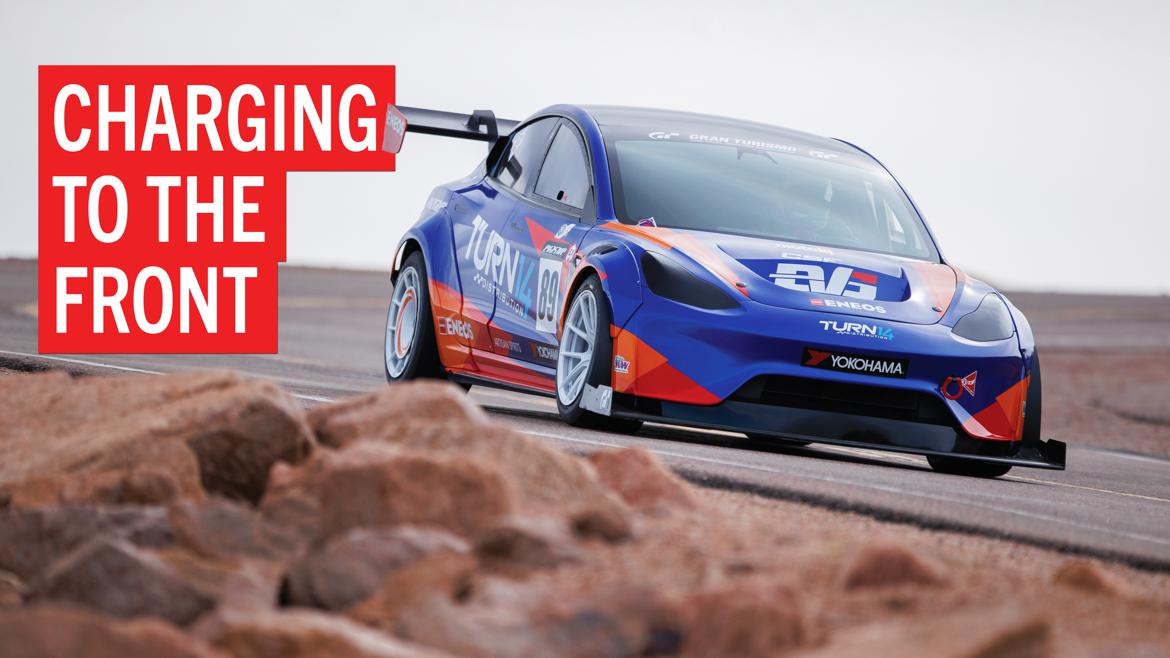Hey all,
Since I'm looking seriously into getting setup for a dirt oval racer...I thought I'd see what some of the engine wizzes here could tell me about putting together a reliable little chevy. It will be pushing around 3,200 lbs of car, likely with a spool in the rear and 8" wide wheels with tires no wider than 10"
My main goal is reliable and inexpensive. Third to those two would be a little bit of power. I don't want this to be an engine I have to take apart and refresh often. I'd really like it to last a couple of seasons without major fuss.
I don't expect to build a feature winning combo for peanuts, but I know I don't have to spend thousands putting together an engine for a hobby stock racer.
Here are the limitations: Stock iron heads (excluding vortec heads) with no porting and/or polishing (2.02/1.60 max valve sizes, 76 cc minimum), 2 BBL carburetor (rochester or Holley), and cast exhaust manifolds (excluding the 'rams horn' type). There are other limitations (like no domed pistons, 9.0:1 CR, cast iron intake) but I figure the heads, carb, manifolds are probably the ones to build an engine around.
So...where should I start? I figure a 350 2 bolt would be a good foundation (am I wrong, do I need a 4 bolt?). Stock crank. Will stock Rods with good rod bolts be ok?
Should I build for low-end torque, or high end power (relatively speaking)? Seems to me that low-to-mid range would keep things happier longer (a high-revving engine is going to need more frequent overhaul and such).
I don't expect any serious trade secrets out of this thread...but I'm pretty inexperienced at this and thought the rules-specific constraints might provide a fun excersice for some of the folks here.
Oh...there is a $425 claim rule on the engine (another racer can claim my engine for $425 if they want it). I don't figure I'll have an engine that anyone will want to claim, nor do I figure that I can actually put one together for that...but I'm all ears!
Heck...If I wasn't so worried about pissing people off, I should just show up with a junkyard runner and claim someone else's engine ;).
So what would you do? What parts, what tips, what considerations?
Thanks!
Clem




































